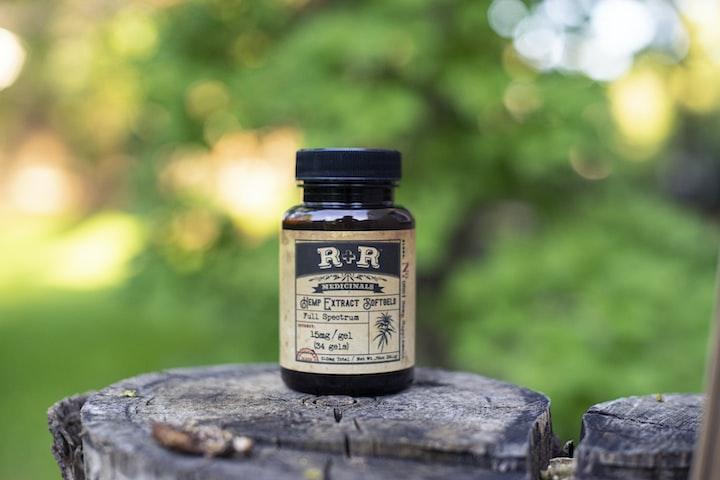There are many natural remedies for anxiety that can be effective in reducing symptoms. Some of the most popular include herbs like chamomile, passionflower, and lavender; vitamins and supplements such as omega-3 fatty acids, magnesium, and probiotics; and lifestyle changes like exercise, yoga, and meditation.
Herbs have been used to treat anxiety for centuries. Chamomile is a common herbal remedy that can be taken as a tea or supplement. Passionflower is another herb that is often used to treat anxiety and insomnia. Lavender oil is often used in aromatherapy to help reduce stress and promote relaxation.
Vitamins and supplements are also popular natural remedies for anxiety. Omega-3 fatty acids are found in fish oil supplements and are thought to have anti-inflammatory effects that may help reduce anxiety symptoms. Magnesium is a mineral that is involved in many biochemical reactions in the body including those involved in stress response. Probiotics are live bacteria found in yogurt and other fermented foods that support gut health – which has been linked to mental health -and may help reduce anxiety levels.
Lifestyle changes can also be helpful natural remedies for anxiety. Exercise has been shown to release endorphins which have mood-boosting effects on.
Kava
Kava root contains compounds that act on the brain, resulting in relaxation without drowsiness. Kava can be taken as a tea, capsule, powder, or extract. It is also available in topical form to be applied to the skin.
Some people report feeling more anxious after taking kava, so it is important to start with a low dose and increase gradually as needed. Kava should not be taken if you are pregnant or breastfeeding, have liver disease, or are taking certain medications (such as sedatives).
Passion flower
Passion flower has been used for centuries as a folk remedy for anxiety and insomnia. Passion flower extract is available in capsules, tablets, tinctures, and teas. It is also sometimes found in products such as energy drinks and body lotions.
Passion flower is thought to work by increasing levels of gamma aminobutyric acid (GABA) in the brain. GABA is a neurotransmitter that helps regulate nerve activity. Passionflower is also a source of the antioxidant flavonoid chrysin, which has been shown to have calming effects on the nervous system.
Valerian
Valerian is available in supplements, tinctures, and teas. The most common way to take valerian is in capsule form. It is important to start with a low dose and gradually increase it as needed. Some people may experience mild side effects such as headaches or upset stomach when taking valerian. If these occur, stop taking the supplement and consult your healthcare provider.
Chamomile
Chamomile (Matricaria chamomilla) is a dried flower that can be found pre-packaged at most health food stores. When brewed as a tea, chamomile is thought to be a relaxant, can be helpful in restoring insomnia, and may also have anti-anxiety properties. Chamomile tea infusion has long been used as a folk medicine for its calming and relaxing effects. Chamomile is rich in calcium and magnesium which are natural relaxants. It also contains apigenin, an antioxidant that binds to certain receptors in the brain that have sedative effects. Chamomile tea has fewer side effects than many other anti-anxiety medications and can be enjoyed on a regular basis without worry of becoming dependent on it.
Lavender
Lavender is a plant in the mint family that is known for its calming and relaxing properties. The scent of lavender has been shown to help reduce anxiety and promote sleep. Lavender can be used in a variety of ways to help reduce anxiety levels. It can be added to baths, used in aromatherapy, or ingested in tea or capsules.
Lemon balm
Lemon balm is used for anxiety, insomnia, indigestion, and other conditions, but there is little scientific evidence to support these uses.
The dried leaves and flowering tops of lemon balm are used to make an herbal tea called melissa tea. Melissa is the Latin name for the lemon balm plant. Lemon balm tea has a calming effect and can be helpful for anxiety and insomnia.
Lemon balm extracts have been shown to have antioxidant activity in laboratory studies. Animal studies suggest that compounds in lemon balm may have sedative effects. Lemon Balm essential oil has also been shown to have sedative effects in rats.
A human study found that taking a standardized extract of lemon balm daily for 15 days improved sleep quality.
